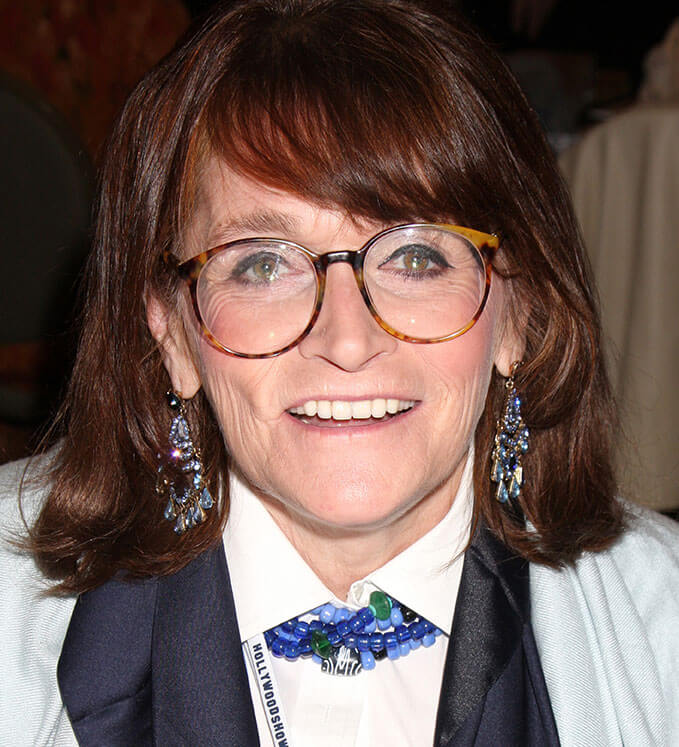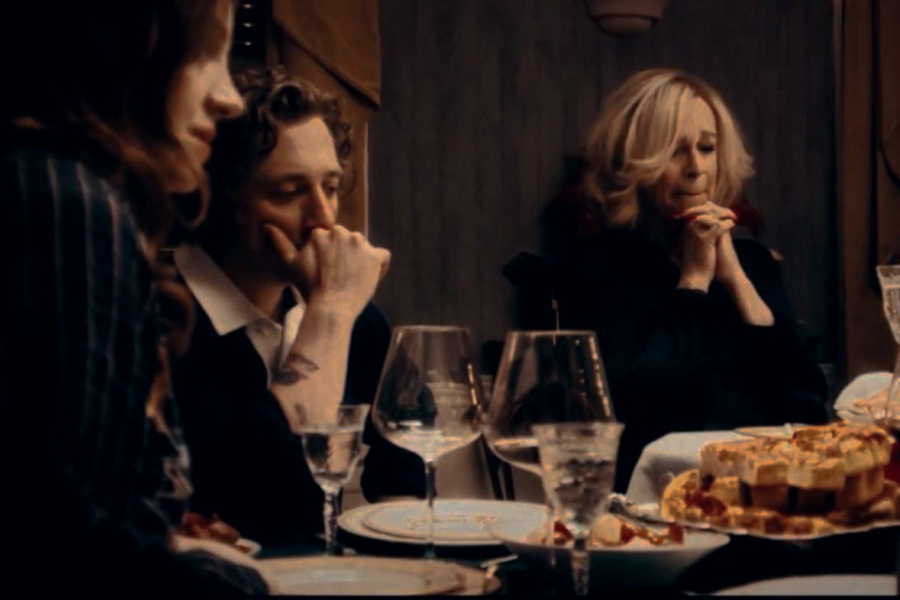Way back in early 1976 I traveled to Montana to interview macho writer Tom McGuane (Ninety-Two In The Shade was his big hit book) for a now-defunct but then-hip magazine, and the best thing about the trip was meeting his wife, Margot Kidder. Canadian by birth, she had been one of the super-cool and now-almost-forgotten actresses—like Amy Irving, Susan Anspach, Karen Black and Carrie Snodgress (the last three, sadly no longer with us)—who had lived in Malibu and hung out with the new filmmakers Martin Scorsese, Francis Ford Coppola, Steven Spielberg, Dennis Hopper and Peter Fonda.
It was like talking to a new girlfriend over a bottle of wine (which indeed we drank) rather than an actress of the hour.
Margot was approachably beautiful—super high cheekbones, sculpted nose, thick brunette hair—and there was something about her affect that was so easy to relate to. I can’t remember what we talked about—her move to Montana? her strong interest in keeping her career as an actress, despite living in the mountainous boondocks?—but it was like talking to a new girlfriend over a bottle of wine (which indeed we drank) rather than an actress of the hour or the wife of the novelist of the hour, which McGuane then was.
“You cannot boss her around,” McGuane said of her with admiration, but the next minute he was gently chastising her for letting their baby daughter Maggie stay in the wading pool too long. He was mother-shaming her in front of a journalist! That insult didn’t hit me back then, but it sure does now. Still, I felt defensive on her behalf, and, whatever it was that Margot and I talked about, I intuited her as a soul sister.
Remembering Margot Kidder

Margot Kidder in 2009.
Over the years, I followed her from afar. Soon after our interview, she divorced McGuane and married two more times, once to actor John Heard. She was associated—politically or romantically, or both—with Jesse Jackson and fellow Canadian Pierre Trudeau, who had a penchant for wild-child women. She starred as Lois Lane in Superman with Christopher Reeve, but that was far less interesting to me—and, I think, maybe to her, than her dynamic romantic life and her intensely political progressivism. She became an anti-nuclear and then a Native American rights activist.
I remembered reading, way back in 1996 (could it have been that long ago?) that she was found walking around Los Angeles in a homeless stupor. She was bipolar—like Kitty Dukakis and Carrie Fisher (and Carrie Matheson on Homeland), but she didn’t yet know it or share it. In that publicly “humiliating” moment of her life, she ratified my sense that she was an original in some very deep way that men—think writer Hunter S. Thompson, actors Robert Downey Jr., and Philip Seymour Hoffman, the late journalist David Carr, and countless others—were allowed to be but women were not.
I like to think that women like Margot were path breakers for today’s Hollywood women who practice an amped-up feminism.
She made her name in the 1970’s Hollywood, which she mostly inhabited as a private creative presence who moved the rebellious conversation forward. I like to think that women like Margot—who died Sunday night, at 69, of yet-undisclosed causes in Montana (yep, she stayed there)—were path breakers for today’s Hollywood women who practice an amped-up feminism. Look at the 82 women who just launched a #MeToo protest at Cannes!
I had a few interactions with Margot over the decades. I knew her daughter Maggie had followed in her mother’s path—marrying and divorcing a macho Montana novelist, in Maggie’s case, Walter Kirn. When I was researching my book Girls Like Us, Carly Simon—one of the three women who were the subject of that triple biography—told me to contact Margot. Apparently, they had had some soulful conversations about men, love, and breakups, and Carly, no slouch in the insight department, had well remembered them. Margot declined to be interviewed, but she emailed about her daughter in a worried-mother way. I kind of loved her for that.
Then, more recently, I got the cranky Margot. We became Facebook friends about five years ago, and something I wrote as a Hillary supporter apparently pushed her buttons as a Bernie supporter. When I asked her, in a private message, if she could oblige me with an interview for a project I was working on, she wrote an angry public post decrying my cop-out mainstream politics. That saddened me.
What I Wanted to Say to Her
I am not sure if I wrote this back, but I will write it now, for the benefit of other complicated women negotiating politics, personal lives, personal demons, and whatever else in our lives:
I am sorry my politics offended you, Margot! I am pretty open minded, and if Bernie had been the candidate instead of Hillary I would have jumped right behind him.
You paid for your quirkiness in a way that, hopefully, women don’t have to “pay” any more.
But, mainly, Margot, I get your fierceness and your orneriness and your dark depth. I saw a glimpse of it way back in 1976, but it was softened by our mutual youth and the conventions of Doing An Interview For a Magazine. I have followed your life, when it’s popped up in the news, and I know that you have been a tough-assed activist, and, also, that in some obvious and probably also amorphous ways, you have suffered. Maybe—no, probably—deeply. And that you’ve been a mom. Maybe a technically “imperfect” one in the most minor details, as we all are and as your then-husband seemed to want me to know. But also a smart and deeply loving one, which is what counts. I saw that in your emails to me twelve years ago.
You paid for your quirkiness in a way that, hopefully, women don’t have to “pay” any more. Idiosyncratic actresses like, oh, say, Rose McGowan are able to be in public what you were privately. I don’t want you to leave us without putting in my two cents: You paved a way. And thank you for that, and I hope others thank you too.
Rest in peace, Margot Kidder.





















0 Comments